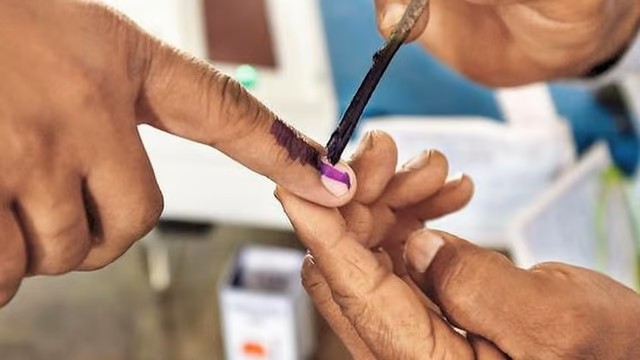New Delhi: The Union government is set to introduce Bills enabling simultaneous elections for the Lok Sabha, State Assemblies, and Union Territory Assemblies in the Lok Sabha on Monday, December 16. This follows approval by the Union Cabinet, chaired by Prime Minister Narendra Modi, four days ago.
Union Minister for Law and Justice Arjun Ram Meghwal will table the Constitution (129th Amendment) Bill and the Union Territories Laws (Amendment) Bill, aimed at facilitating the ‘One Nation, One Election’ reform.
According to the government, this initiative seeks to streamline the electoral process, enhance administrative efficiency, and significantly reduce financial burdens associated with conducting separate elections. The High-Level Committee on Simultaneous Elections, led by former President Ram Nath Kovind, had previously recommended synchronising Lok Sabha and State Assembly elections, followed by local body polls within a 100-day window.
However, opposition parties including the Congress, AAP, Samajwadi Party, and Trinamool Congress have raised concerns. Critics argue that simultaneous elections could pose logistical and constitutional challenges, particularly in dissolving Assemblies mid-term or addressing situations where governments fall before completing their tenure.
A Congress leader told IANS, “India’s federal structure makes it impractical to implement ‘One Nation, One Election.’ The government must consult all stakeholders before making such a significant decision.”
Proponents, however, emphasise the benefits of stability and policy continuity, as the reform could end the cycle of perpetual elections. NDA allies such as JD-U and LJP have strongly backed the proposal, citing cost reduction and governance efficiency.
The government has clarified provisions for mid-term polls for Parliament or Assemblies if needed, but such elections would be limited to the unexpired portion of the term.
The Bills mark a pivotal step in the government’s broader reform agenda, but their passage in Parliament is expected to spark heated debates on their practicality and implications.




